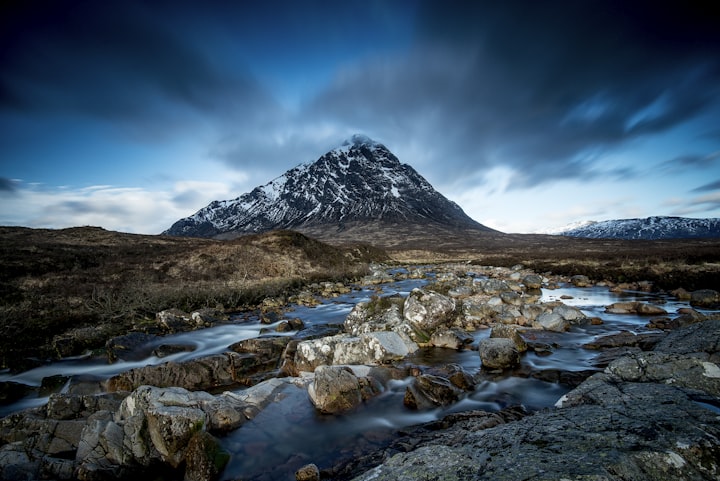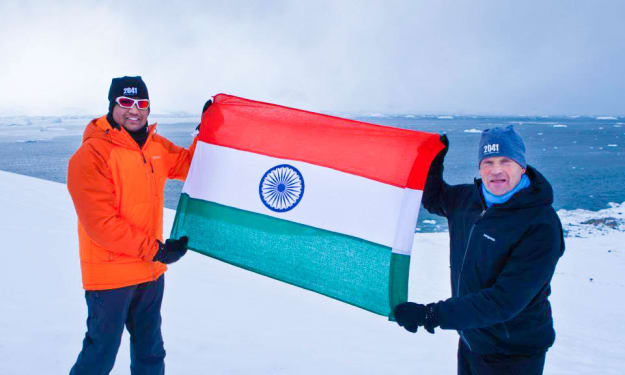Nestled in the rugged landscapes, mountain communities have their unique cultures and traditions. Their history and way of life have been shaped by the challenging terrain and the natural resources of their surroundings. From the high peaks of the Himalayas to the Appalachian Mountains of North America, the stories and traditions of mountain people are as diverse as the regions themselves.
In this blog post, we'll delve into the rich history and traditions of mountain communities around the world. We'll explore the unique aspects of their cultures, including their music, cuisine, festivals, and art. So grab a cup of tea, sit back, and join us on a journey through the mountains as we discover the fascinating world of mountain culture.
Mountain culture is a term that encompasses the traditions, customs, and way of life of the people who call mountain regions their home. These regions are defined by their rugged terrain, dramatic landscapes, and often-harsh climate. The people who inhabit these areas have adapted to these challenging conditions over centuries, developing unique cultures and traditions that are passed down from generation to generation.
One of the most distinctive aspects of mountain culture is its music. Mountain regions are home to a diverse range of musical traditions, from the haunting melodies of the Appalachian folk songs to the upbeat rhythms of the Andean panpipes. Music is an important part of life in mountain communities, serving as a means of celebration, storytelling, and connection to the natural world.
Another essential aspect of mountain culture is the cuisine. Mountain people have developed hearty and nourishing dishes that provide the energy and sustenance needed to withstand the harsh conditions of mountain life. From the savory stews of the Swiss Alps to the spicy curries of the Himalayas, mountain cuisine is a reflection of the land and the people who live on it.
Festivals are also an essential part of mountain culture. These events often celebrate the changing of the seasons, the harvest, or other significant milestones in the mountain community's life. Festivals can range from small, local events to large-scale celebrations that draw visitors from around the world. One example of such a festival is the Bhutanese Paro Tsechu, which is a colorful and vibrant event that takes place every spring and is a celebration of Bhutanese culture and religion.
Art is also an integral part of mountain culture. Whether it is the intricate wood carvings of the Swiss Alps or the vibrant textiles of the Andes, art is a way for mountain communities to express themselves and their connection to the land. Many mountain regions have developed their unique artistic traditions, which reflect their cultural identity and connection to the natural world.
Mountain culture is a rich and diverse tapestry that has been woven over centuries. It is a testament to the resilience and creativity of the people who call these regions their home. As visitors, we have much to learn and appreciate from mountain culture, whether it's the music, cuisine, festivals, or art. So next time you're exploring a mountain region, take the time to immerse yourself in the local culture, and you'll discover a world of beauty and tradition that is waiting to be explored.
diverse aspect of human history that has been shaped by the unique landscapes and resources of mountain regions. From the indigenous peoples of the Andes to the hill tribes of Southeast Asia, mountain communities have developed their own distinct cultures and traditions that have endured for centuries. In this article, we'll take a closer look at the rich history and traditions of mountain communities around the world.
One of the most fascinating aspects of mountain culture is the music that has been created in these regions. In the Appalachian Mountains of North America, for example, traditional music has been passed down from generation to generation and has its roots in Scottish, Irish, and English folk music. Similarly, in the highlands of Peru, the traditional music of the Andes is characterized by the use of indigenous instruments such as the pan flute and charango. Whether it's the upbeat rhythms of bluegrass or the haunting melodies of Andean folk music, mountain music is a reflection of the unique cultures and histories of these regions.
Another important aspect of mountain culture is cuisine. In the Alps of Europe, for example, traditional dishes such as fondue and raclette have become world-famous. These hearty dishes are a reflection of the rugged terrain and harsh winters of the region, where preserving food was crucial to survival. Similarly, in the Himalayas, traditional dishes such as momos and thukpa have become staples of the local cuisine. These dishes are not only delicious but also a reflection of the cultural heritage of the region.
Mountain festivals are also an important part of the culture of mountain communities. In the Swiss Alps, for example, the annual yodeling festival brings together musicians from across the region to showcase their skills. Similarly, in the Andes, the Inti Raymi festival celebrates the winter solstice and is a time for traditional music, dance, and feasting. These festivals are a reflection of the rich cultural heritage of mountain communities and provide a glimpse into their unique way of life.
Art is another important aspect of mountain culture. From the intricate wood carvings of the Swiss Alps to the colorful textiles of the Andes, mountain regions have a rich artistic heritage. In Bhutan, for example, traditional art forms such as thangka painting and woodblock printing have been preserved for centuries. These art forms are not only beautiful but also a reflection of the spiritual and cultural beliefs of the region.
In conclusion, mountain culture is a rich and diverse aspect of human history that has been shaped by the unique landscapes and resources of mountain regions. Whether it's the music, cuisine, festivals, or art, the traditions of mountain communities provide a window into their unique way of life.
Like
Share







Comments
There are no comments for this story
Be the first to respond and start the conversation.